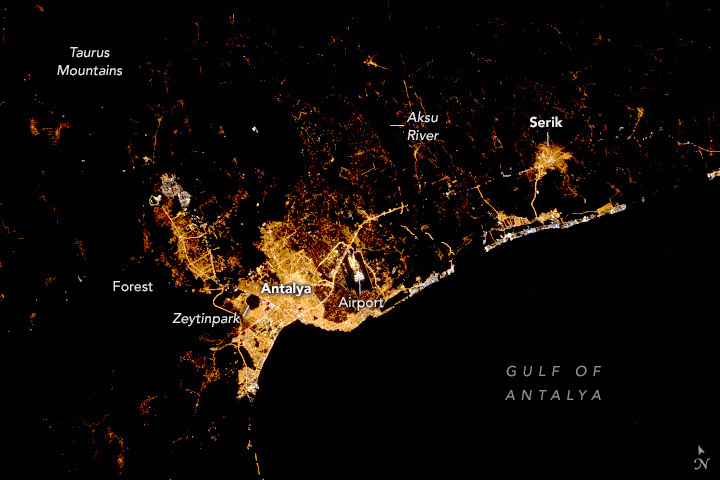EU leaders to insist on Cyprus talks progress amid calls for two-state solution
EU leaders are expected to stress the importance of making progress in the Cyprus settlement talks, according to draft conclusions, seen by Euractiv, for an EU summit on 17-18 April, amid new calls from Turkish Cypriot leader Ersin Tatar for a ‘two-state solution’ for the divided island.
EU leaders are expected to emphasise that the bloc “attaches considerable importance to resumption of and progress in the Cyprus settlement talks, which can also enhance EU-Turkey cooperation”, according to the draft text, which is still under discussion.
They will state that they “remain fully committed to a comprehensive settlement of the Cyprus problem, within the UN framework, in accordance with the relevant UN Security Council resolutions and in line with the principles on which the EU is founded and the acquis”.
The EU and the United Nations insist on a solution to the Cyprus problem based on a bi-communal, bi-zonal federation. Brussels has rejected the scenario of a two-state solution.
The Mediterranean island has been divided since 1974 after a Turkish invasion. Ankara invoked an Athens-backed coup aimed at uniting Cyprus with Greece but since then, it has been occupying 37% of the island.
Only Ankara recognises the statehood of the so-called Turkish Republic of Northern Cyprus, proclaimed by Turkish Cypriot leaders in 1983. Several diplomatic attempts since then have failed to find a solution to the problem.
Maria Angela Holguin Cuéllar was recently appointed as the UN Secretary-General’s personal envoy in Cyprus, hoping to revive the talks.
However, there are currently no signs of progress that could lead to the resumption of direct talks.
In an interview with Daily Telegraph last week, Turkish Cypriot leader Ersin Tatar said any discussion about re-uniting the island into a federation after so many years is a “waste of time”. He described a two-state solution as the “only way forward”.
He warned that “one tiny mistake” could turn Cyprus into “a new Gaza”.
In their draft conclusions, EU leaders are also expected to stress that the bloc is ready to play “an active role in supporting all stages of the UN-led process, with all appropriate means at its disposal”.
However, a direct EU involvement in the talks, as suggested by Nicosia, is not foreseen.
Borrell to continue work on EU-Turkey future
Following months of escalation in relations between Greece, Cyprus, and Turkey in early 2023, the EU’s chief diplomat, Josep Borrell, produced a report on the state of play of EU-Turkey political, economic and trade relations.
While the first report was finalised in November 2023, it has not been discussed due to EU leaders’ heavy agenda over the past three summits.
As Euractiv reported last month, Germany has been pushing to include the issue of EU-Turkey relations in the March summit declaration.
However, following Cyprus’ request for a proper debate among EU leaders before adding a paragraph on the EU-Turkey relations, as well as the lack of time due to the Ukraine-focused agenda, Berlin’s request was postponed for the next summit in April.
Next week, EU leaders are also expected to ask Borrell’s work to “be taken forward on the joint communication in line with previous European Council conclusions and in a phased, proportionate and reversible manner subject to additional guidance from the European Council as needed”.
Both Athens and Nicosia have been insisting on the wording “phased, proportionate and reversible manner” as a safety net in the event Ankara decides to re-escalate.
*Aurélie Pugnet contributed to this article
[Edited by Alexandra Brzozowski/ Zoran Radosavljevic]




